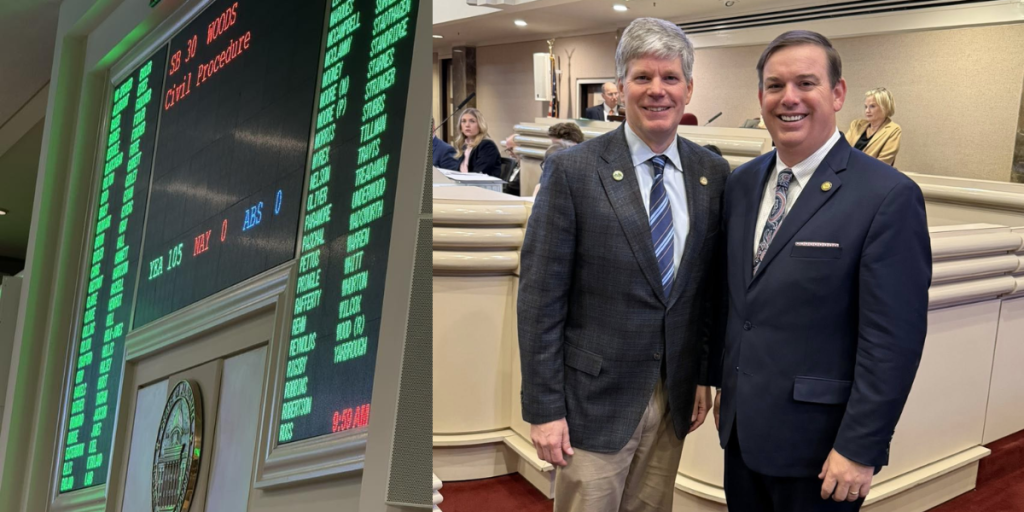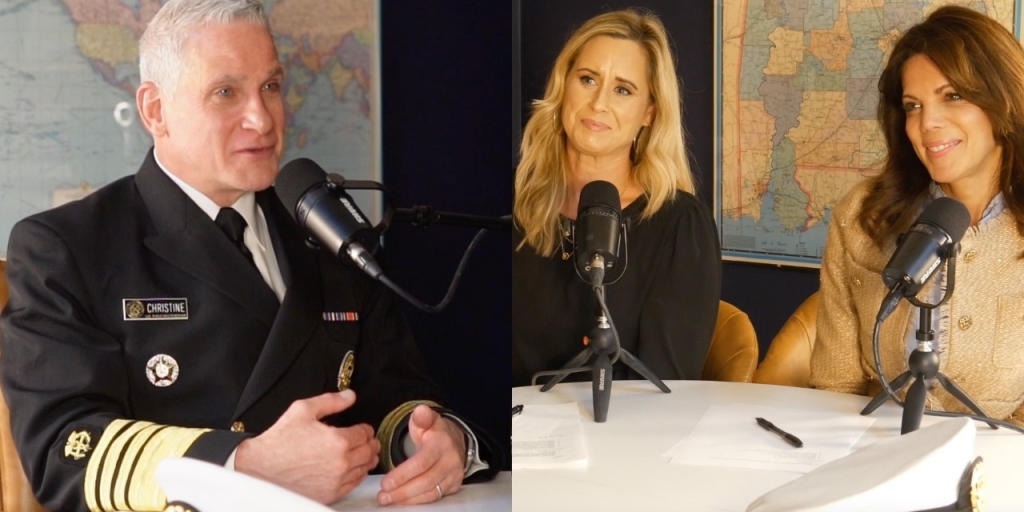Sara Franklin’s world turned upside down on the night of Aug. 25, 2018, when she experienced her first seizure. Now she has turned what began as a scary experience into an opportunity to help others facing similar situations.
“My husband woke in the middle of the night to find me convulsing, and I wasn’t responding. He didn’t know what to do, so he called 911,” said Franklin. “When I woke up about 15 minutes later, there were firemen in my room, and I didn’t remember anything.”
Franklin was rushed to a hospital after suffering a tonic clonic, more commonly known as grand mal seizure. She visited a neurologist several weeks later to undergo a series of tests but no cause for the seizure was immediately uncovered.
Sara Franklin leads Epilepsy Foundation of Alabama to educate, guide others from Alabama NewsCenter on Vimeo.
“That was a blessing because cancer and tumors can sometimes bring on seizures,” Franklin said. “But it was also a setback to life as I knew it because state law forbids anyone to drive for six months after a seizure. I was a new mom with a 6-month-old baby and was determined not to let anyone around me down, whether it was my husband, my baby, my boss or even my extended family and friends.”
Franklin experienced several partial seizures in November, which prolonged the ban on driving. The logistics of relying on family and friends to get her to work, and organizing childcare for her infant son, became an increasing challenge. Franklin decided to step away from work until doctors could diagnose her condition and find ways to deal with it.
In April, just weeks before Franklin would be allowed to drive, the family hit another wall.
Franklin’s husband, Drew, began suffering from excruciating headaches and numbness in his arm and face. After six emergency room visits and two stays in intensive care, it was determined that he had a life-threatening brain infection. Although Drew fully recovered thanks to antibiotics, the situation took a toll on Sara, causing another partial seizure.
Meanwhile, Sara was diagnosed with epilepsy, a condition that affects more than 54,000 people in Alabama, and she began receiving medication.
“The doctor thought the stress of my husband’s illness and the stress and lack of sleep that goes with having a new baby brought on my seizures,” Sara said.
About that time, Sara, who had been scouring the internet for information about her condition, saw a posting for the position of executive director of the Epilepsy Foundation of Alabama. She was hired after being recommended by the board chairman. Sara went to work in September. This organization, in coordination with the Epilepsy Foundation of America, works to provide treatment, support and resources; fund research and training for specialists; and educate the public about epilepsy and seizure first aid.
“I couldn’t believe that what I once saw as a tragedy has turned into an opportunity to walk with others and encourage them through their own journeys of epilepsy,” Franklin said. “My heart goes out to them. I want to walk alongside them as they seek to end seizures in their lives.”
Nearly two months later, Sara is heading up the foundation’s Walk to End Epilepsy on Nov. 2 – its biggest fundraiser of the year. The Birmingham walk will mobilize people from across the state to affect change through care, advocacy, research and education. More than 400 people are expected to take part in the walk at Railroad Park from 11 a.m. to 1 p.m.
According to the U.S. Centers for Disease Control and Prevention, one in 10 people will have a seizure during their life, and one in 26 will be diagnosed with epilepsy. More people have epilepsy than Parkinson’s disease, multiple sclerosis and cerebral palsy, combined. But epilepsy receives one-tenth of the research funding of those other disorders.
“We are excited to hold the walk in Birmingham to further engage and mobilize the community to be a part of the fight to end epilepsy,” Sara said. “This annual event strengthens the current efforts of the foundation and generates funding to help families living with epilepsy and seizures.”
Along with the walk, there will be a face-painting station, music provided by DJ WellDunn and a booth where walkers can suit up in purple to show their support of people with epilepsy.
Sara is thrilled she has been seizure-free for six months and been given the go-ahead to get behind the wheel.
“This has been such a challenging year,” Sara said. “None of us are guaranteed a life without health scares. I’m thankful for my family, friends and church family who have helped me navigate through this journey, and the medical professionals who are helping keep my seizures under control.”
To sign up for the walk or for more information, visit WalktoEndEpilepsy.org/birmingham.
(Courtesy of Alabama NewsCenter)













